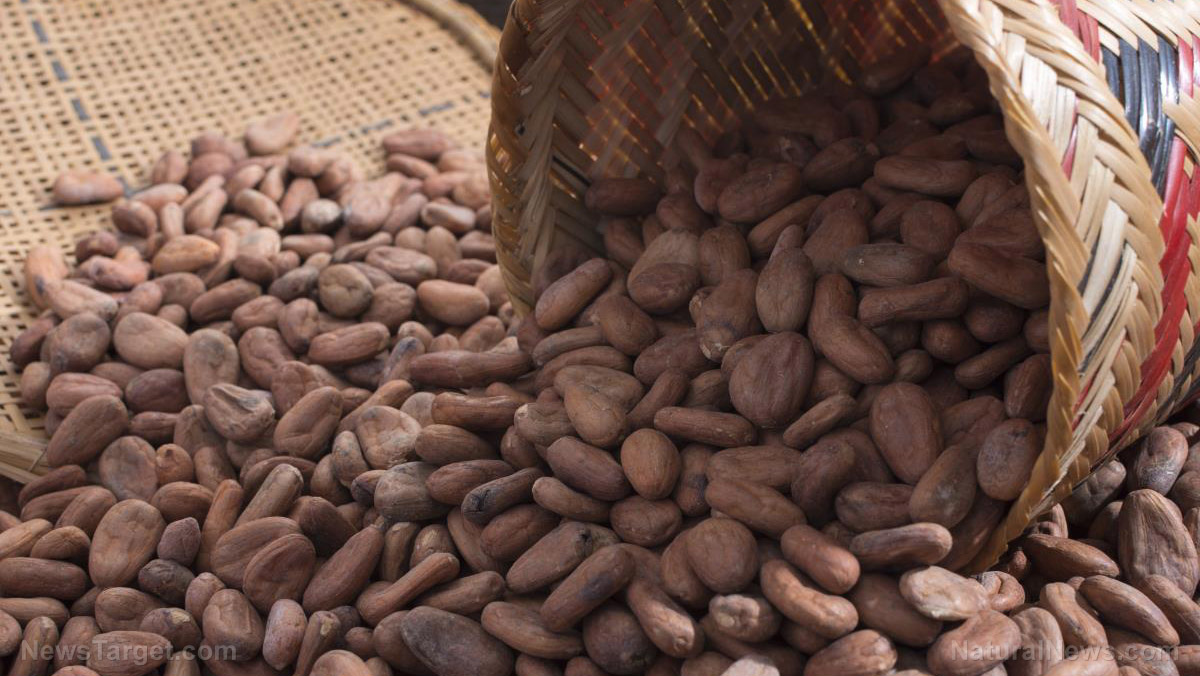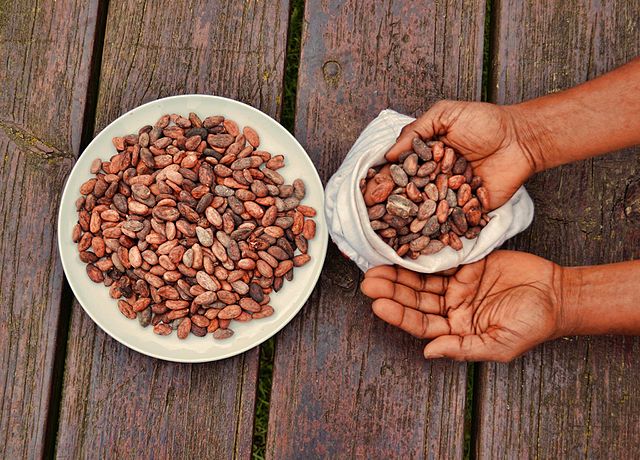Rebuilding the Amazon forest with chocolate: How cocoa could be the key to making South America green again
05/06/2018 / By Edsel Cook

For decades, Brazilian ranchers have been part of the wide-scale destruction of the Amazon rainforest. Now, they – and chocolate – could be the keys to make South America green again. According to a Reuters report, many ranchers are planting cocoa trees with the support of environmentalists who believe cocoa plantations can serve as new forests.
It’s an unusual alliance between two groups that previously opposed each other. Conservationists have called ranching a destructive practice that destroys fragile ecosystems, while ranchers defended their actions by saying their livelihoods depend on clearing new land for their herds to graze in.
Environmental groups like The Nature Conservancy believe cocoa plantations offer a compromise where everyone can win, as these will bolster both the ecology and the economy of Brazil. (Related: Sensual sweet seduction: Why chocolate is good for your heart, brain, and mood.)
The South American country used to be one of the top three producers of cocoa in the world. However, a fungus called witches’ broom devastated the sector during the 1990s.
The National Association of the Cocoa Processing Industry (AIPC) believe the new cocoa plantations could restore Brazil to its former cocoa-producing glory. By 2028, they predict their country will double its yearly output to 200,000 tons. This would boost global supply of cocoa by five percent.
Cocoa plantations are more profitable and eco-friendly than pastures
In addition to the economic benefits, cocoa industry spokespersons and their new conservationist allies expect the shift from clear-cutting to planting cocoa trees will help the reforestation of the Amazon. According to Eduardo Bastos of the AIPC, half of the new cocoa production will come from the “chocolate forests” planted by ranchers, which now cover 1,700 square kilometers (or around 170,000 hectares).
The funding for these new cocoa plantations come from conservation groups like The Nature Conservancy and the Amazon Fund. The latter is run by Brazil’s government and has invested more than $5 million worth of international donations into the new crop.
The idea of planting cocoa trees is appealing to ranchers who face an uncertain future. A big herd of animals requires large pastures, but cleared land in the Amazon can degrade in a couple of years if improperly managed, leaving ranchers with no option but to keep cutting down more forests.
However, Brazil passed legislation in 2014 that sought to curb deforestation. The new law restricted Amazon landowners to clear only 20 percent of their property. It also required some of them to plant new trees.
Cocoa plantations offered ranchers a way out of their dilemma. Planting cocoa trees fulfilled the requirement to plant trees, required a modest plot, and didn’t need constant clearing. A plantation could also make up to five times more money than pastures of cattle.
“Chocolate forests” will renew the Amazon
The environment also benefits from cocoa plantations. The plantations serve as substitute forests that encourage the return of local flora and fauna while also improving local water quality. Cocoa trees are perennial plants, so they are good for decades of productivity.
Cocoa trees are not the only plants retaking the Amazon. Environmental groups ensured that their funding came with guidelines that maximized the ecological effect of the plantations.
Hopeful cocoa farmers must plant mahogany, ipê, and other taller native species alongside their new crop. The other trees will benefit both the environment and the plantation.
“It is recommended that cocoa be planted with other trees – taller ones – to benefit from the shade,” said José Garcia, a budding cocoa farmer from Medicilândia in Para State. Many of the denuded pastures in his home region have been converted into plantations that provide shade and a rich harvest of cocoa.
Find out how cocoa (also known as cacao) can benefit you by visiting Cacao.News.
Sources include:
Tagged Under: Amazon, Amazon rainforest, Brazil, Cacao, cacao production, cacao trees, Chocolate, cocoa, cocoa plantation, cocoa production, cocoa tree, Ecology, environ, environmental preservation, reforestation, sustainability
















